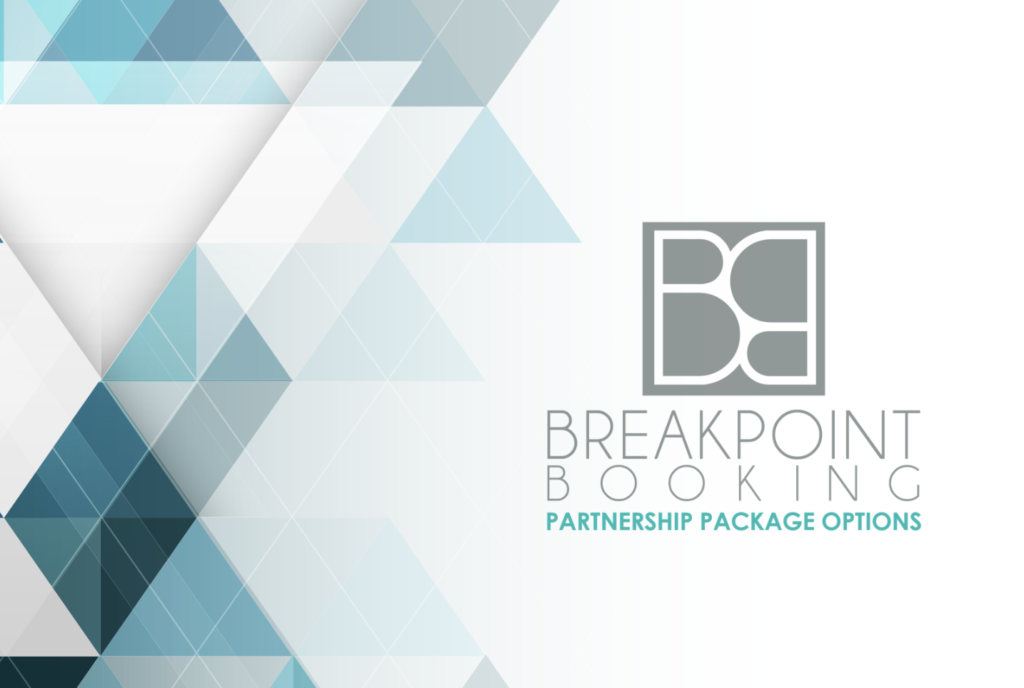As a startup ourselves at Breakpoint Booking, we understand the relentless calculus of expenses. Every potential outlay faces the inevitable “Is it worth it?” and the persistent quest for a cheaper, equally effective solution. While the necessity of a business card is rarely debated for startups, the form that card should take certainly is. Traditional paper cards offer an accessible and budget-friendly starting point. But the emergence of digital business cards, like the ones we explored through V1CE, introduces a new variable.
The appeal is clear: a potentially one-time investment versus recurring printing costs, coupled with the promise of digital convenience and modern networking capabilities. Yet, for a startup carefully managing its resources, the question lingers: are these tech-forward alternatives truly a worthwhile investment? Do they offer tangible benefits that justify any additional cost over their traditional counterparts? In this post, we’ll weigh the advantages and disadvantages of digital business cards to help fellow startups navigate this modern networking dilemma.
The Allure of the Digital:
Digital business cards come in various forms, from simple QR codes linking to online profiles to sophisticated apps and NFC-enabled cards. Their core promise is to streamline information sharing and offer a more dynamic and engaging way to connect. Here’s some pros we found so far from our experience using V1CE.
- Eco-Friendly: The most immediate benefit is the reduction in paper waste. In a world increasingly conscious of environmental impact, ditching hundreds (or thousands) of paper cards can be a significant step towards sustainability.
- Always Up-to-Date: My information is always up to date! I can login and change info in a flash. This is great for businesses with growing staffs and departments!
- Enhanced Information Sharing: Unlike a static paper card, I can capture information using V1CE. One click and their contact info is saved to my dashboard. Not only does this save me time on manual entry it gives me insights on who’s revisited my profile.
- Interactive and Engaging: I can send personalized messages automagically using a digital card. Offering a cool way to make a first impression. I can even push folks to my website a lot more conveniently for them.
- Cost-Effective in the Long Run: While there might be an initial investment in a subscription or a smart card, the ongoing cost of updating and distributing digital cards is often significantly lower than printing and reprinting paper versions.
- Modern and Tech-Savvy Impression: In certain industries, using a digital business card can project a modern and forward-thinking image.
Downsides?
- The “Human Touch” Factor: For some, the physical act of exchanging a paper card is an important part of building rapport and making a memorable connection. A digital exchange might feel less personal or traditional.
- Initial Setup and Learning Curve: While generally user-friendly, setting up and customizing a digital business card might require some initial time and effort.
- Cost of Entry: While potentially cost-effective long-term, some advanced digital business card services can come with subscription fees or upfront costs for smart cards.
So, Are They Worth the Investment?
The answer, as with most things, isn’t a simple yes or no. The value of a digital business card largely depends on your individual needs, industry, and networking style.
- For the Tech-Savvy Professional: If you operate in a tech-forward industry and frequently connect with others who are comfortable with digital tools, a digital business card can be a powerful and efficient asset.
- For the Eco-Conscious Individual or Business: The environmental benefits alone can be a significant driver for adopting digital cards.
- For Those Who Need Dynamic Information Sharing: If you frequently update your contact details or want to share a wide range of interactive content, a digital card offers a clear advantage.
- For Traditionalists: If you value the tactile experience and the established etiquette of paper card exchange, or if you frequently network with individuals who might not be as comfortable with digital tools, paper cards might still be a necessary part of your toolkit.
The Verdict:
Digital business cards offer a compelling glimpse into the future of networking. Their ability to be dynamic, eco-friendly, and information-rich presents significant advantages in many scenarios. Our experience using V1CE has been positive thus far. The setup was simple and the cards are pretty easy to maintain via the dashboard. If you don’t want to go full digital they also offer NFC.
I’d say that it has been worth the investment for us. Ultimately, the decision of whether or not to invest in digital business cards comes down to evaluating your specific needs and determining if the benefits outweigh the drawbacks in your networking endeavors. It’s a modern tool worth considering, but one that should be adopted thoughtfully and strategically!





